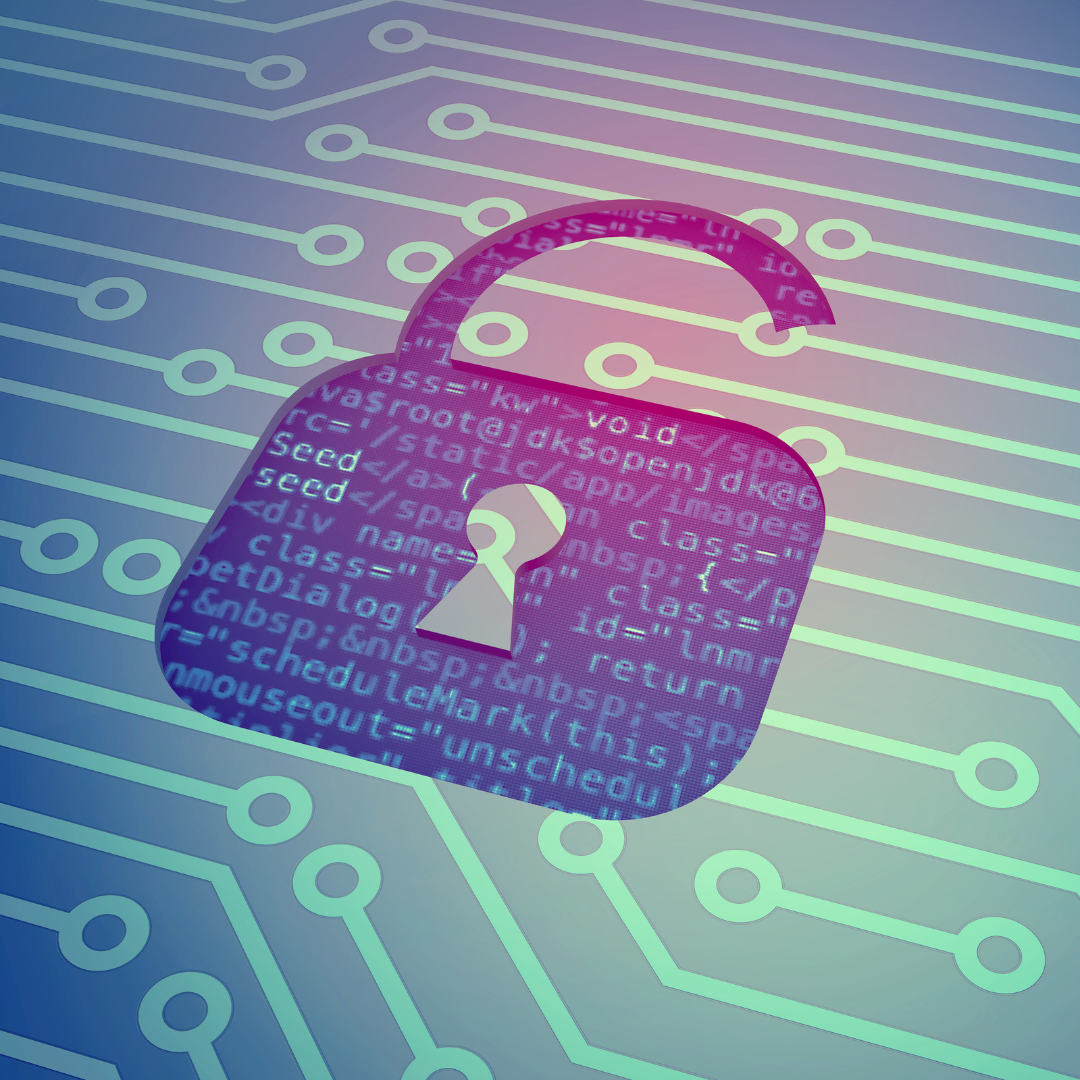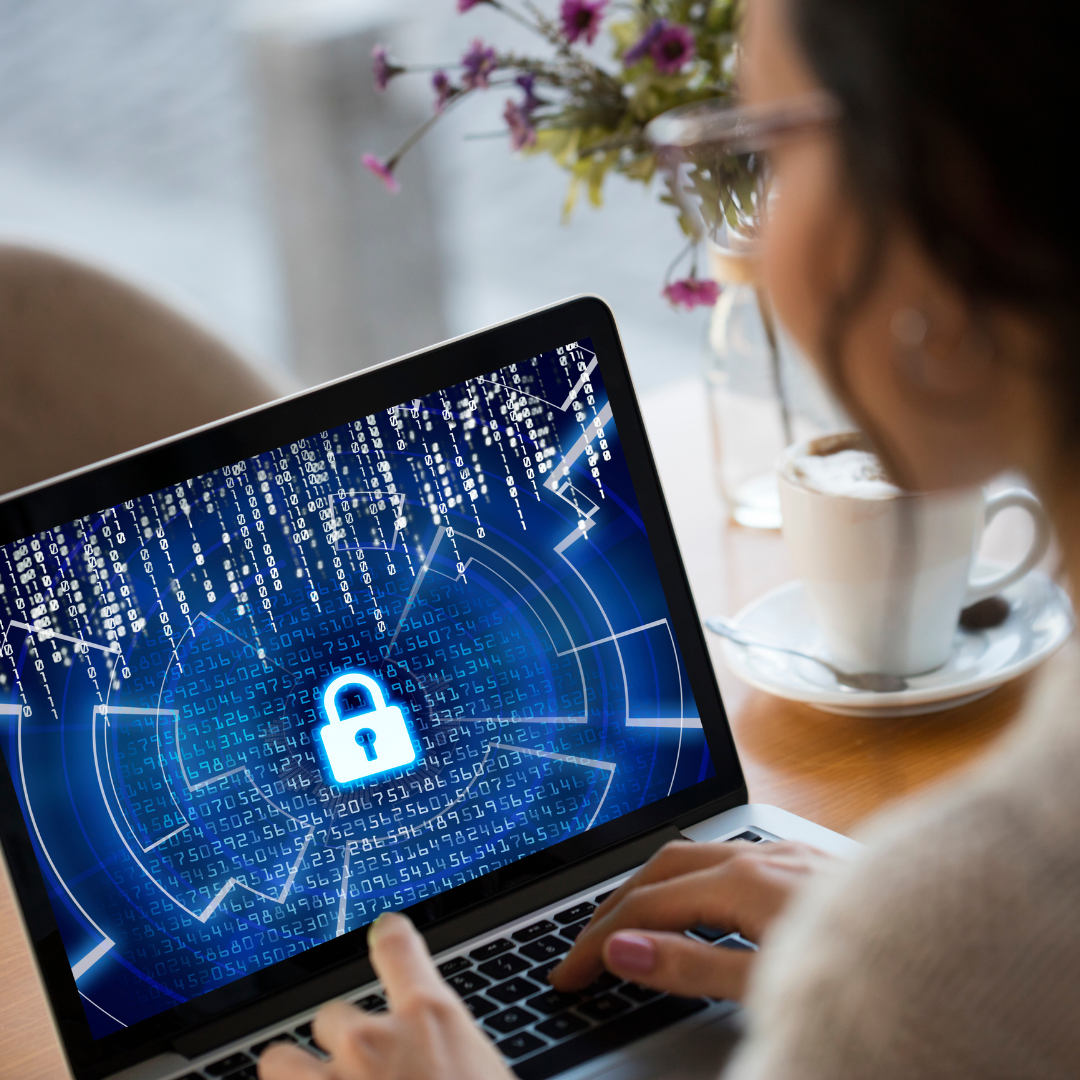Did you know that over the next five years, expenditures associated with cybercrime are anticipated to increase by $10.5 trillion yearly by 2025?
We all need to be online to work, socialize, and find entertainment. This means we also need to know how to stay safe online.
If you’re worried that you’ll become a victim of cybercrime, then you’ve come to the right place. In this article, we’ll detail ways to stay safe online while you’re surfing the web.
Whether you’re looking to avoid identity theft or prevent someone from hacking into your social media accounts, we’ve got a solution for you. Here are some tips for staying safe online.
1. Have Strong Passwords
One smart way to stay safe online is to have strong passwords for all your online accounts and never use the same password for more than one account. This includes accounts for email, social media, online banking, and any other website where you might have an account.
Strong passwords are typically at least eight characters long and include a mix of uppercase and lowercase letters, numbers, and symbols. They should be something you can remember easily, but that would be difficult for someone else to guess.
An excellent way to create a strong password is to think of a phrase or song lyrics that is easy for you to remember and then use the first letter of each word in that phrase as your password. For example, the phrase “I love New York” could become the password “ilny.”
You can also use a password manager to help you keep track of all your passwords and to generate strong passwords for your accounts.
2. Beware of Phishing Scams
With the rise in online scams, it is more important than ever to be aware of phishing scams and how to avoid them. Phishing scams are when scammers try to trick you into giving them your personal or financial information by pretending to be a legitimate website or company. They may create fake websites that look like the real thing or send emails or text messages that appear to be from a legitimate source.
To protect yourself from phishing scams, never click on links or attachments from unknown sources, and be suspicious of any email or text message that asks for personal or financial information. If you are unsure whether a website is legitimate, contact the company directly to check. By taking these precautions, you can help keep yourself safe from online scams.
3. Keep Your Personal Information Private
There are several ways to keep your personal information private. One of the best ways is to use a secure web browser like Chrome or Firefox. This will help to protect your information from being accessed by third-party cookies and trackers.
Always be wary of giving out personal information online, even to seemingly trustworthy sources. If you are ever in doubt, err on the side of caution and do not provide any information that could potentially be used to identify you.
Finally, be cautious about what personal information you share on social media, and make sure you turn on your privacy settings.
4. Be Aware of What You’re Posting Online
It is significant to consider being aware of what you’re posting. This means being mindful of the personal information you share and the types of content you post.
One way to keep yourself safe is to be careful about sharing sensitive information like your bank account number or Social Security number. Another smart way to stay safe online is to be aware of the kind of content you post. This includes anything from photos and videos to status updates and comments.
Lastly, think before you post. That means considering the possible consequences of what you’re about to share before you hit the “post” button. Once something is online, it’s out there forever.
So, if you’re not careful, you could end up sharing something that could come back to haunt you later on.
5. Keep Your Antivirus and Anti-malware Software up to Date
Attackers are constantly finding new ways to exploit vulnerabilities, so it is crucial to have the latest security patches and updates. Check for updates regularly. Many software programs have automatic update features, but it’s always a good idea to check for updates manually.
Set your software to update automatically. This way, you can be sure that you’re always running the latest version.
Make sure your software is compatible with your operating system. Some software programs are no longer supported by certain operating systems.
Use These Techniques for Online Safety
To stay safe online, it is important to be aware of the potential risks and take steps to protect yourself. Some basic precautions include using strong passwords, being aware of what you share online, avoiding phishing scams, keeping your personal information private, and keeping your antivirus and anti-malware software up to date.
Following these simple tips, you can help keep your data safe and secure.
If you enjoyed this article, why not read more like it? Check out the rest of our blog for more fascinating and informative content!




